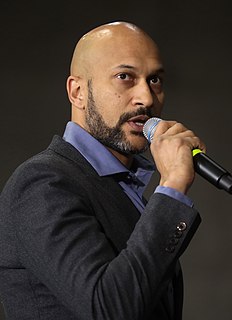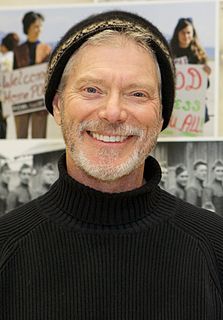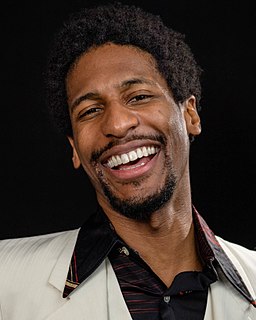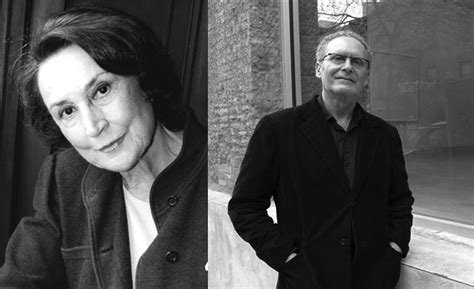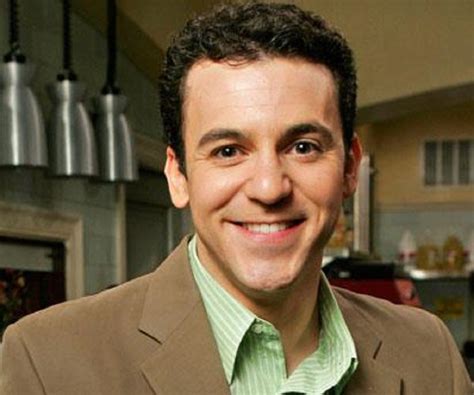A Quote by Junot Diaz
People are always fascinated by infidelity because, in the end - whether we've had direct experience or not - there's part of you that knows there's absolutely no more piercing betrayal. People are undone by it.
Related Quotes
One thing I am certain of, I do not want to be betrayed, but thats quite hard to say casually, at the beginning of a relationship. It’s not a word people use very often, which confuses me, because there are different kinds of infidelity, but betrayal is betrayal wherever you find it. By betrayal, I mean promising to be on your side, and then being on somebody else’s.
Maybe I've been a small part of the democratisation of celebrity, because I've been fascinated by it, and when it started to happen to me to the very limited extent that it happens to writers in North America, I was exposed to people who had the disease of celebrity. People who had raging, raging, life-threatening celebrity, people who would be in danger if they were left alone on the street without their minders. It's a great anthropological privilege to be there.
With the audience, I always say it's about giving the people an experience. And what the experience is about, it transcends just the music, and genre, and the venue. It's about the people coming together to share a profound and transformative moment. So that means the listener is actively engaged, and the listener is a part of the show, they're a part of the experience.
People should go to the works and experience them. Because just having an idea or picture in mind is absolutely not the experience that's necessary. Even just landing in Albuquerque or Salt Lake City or Las Vegas was immediately part of the experience. And then you'd get in a car from the airport and take these very long trips - in Michael Heizer's case, it was three hours by car to get to his work. And then there's walking around and into the piece and seeing it from different angles. The kinetic experience of being a part of it physically was very important for me.
If you never left anything or anyone there would be no room for the new. Naturally, to move on is an infidelity -- to others, to the past, to old notions of oneself. Perhaps every day should contain at least one essential infidelity or necessary betrayal. It would be an optimistic, hopeful act, guaranteeing belief in the future -- a declaration that things can be not only different but better.
I had a friend who was the King's surgeon in England. One day I asked him what makes a great surgeon. He replied, "What distinguishes a great surgeon is his knowledge. He knows more than other surgeons. During an operation he finds something which he wasn't expecting, recognizes it and knows what to do about it." It's the same thing with advertising people. The good ones know more. How do you get to know more? By reading books about advertising. By picking the brains of people who know more than you do. From the Magic Lanterns. And from experience.


